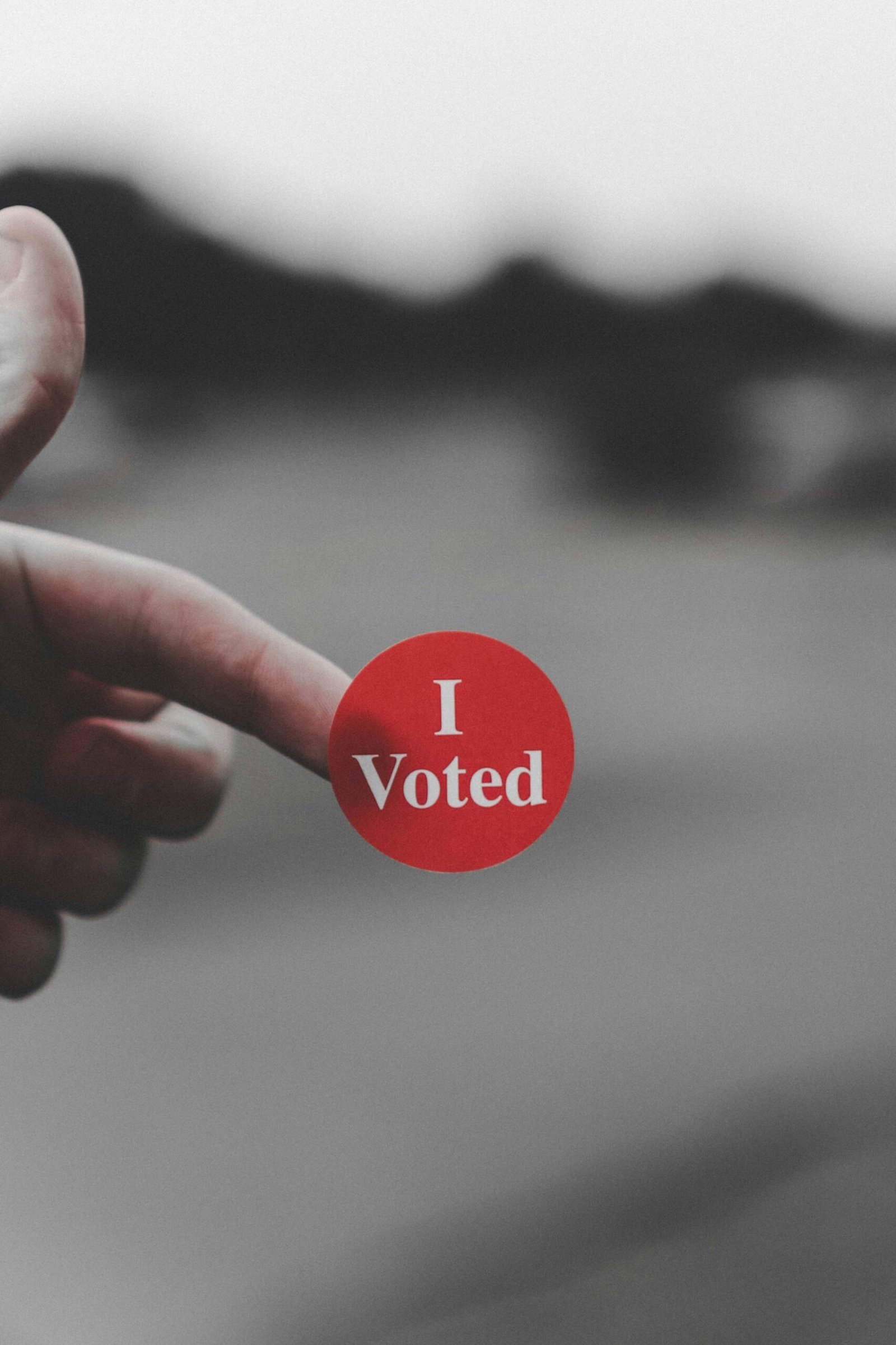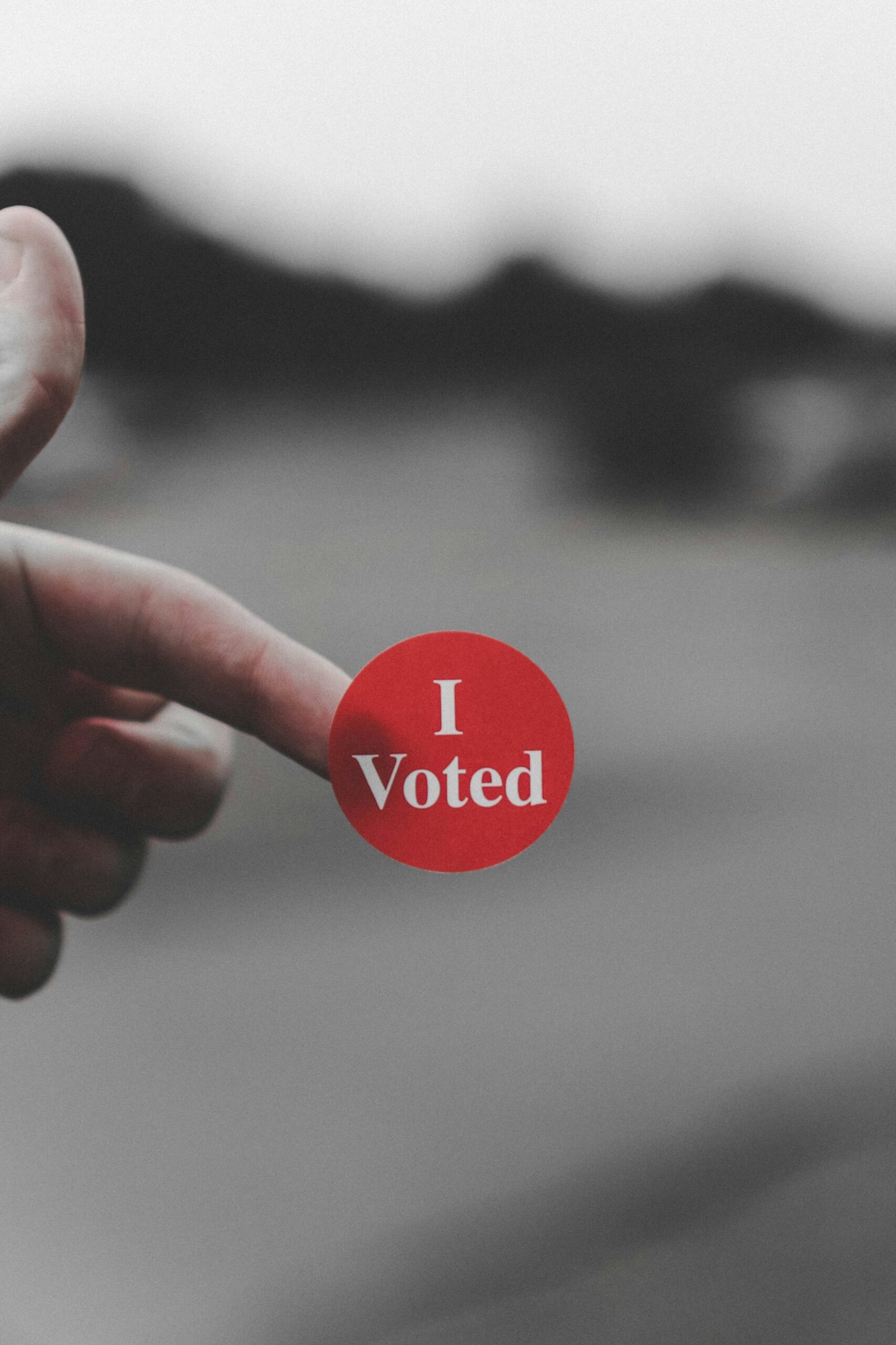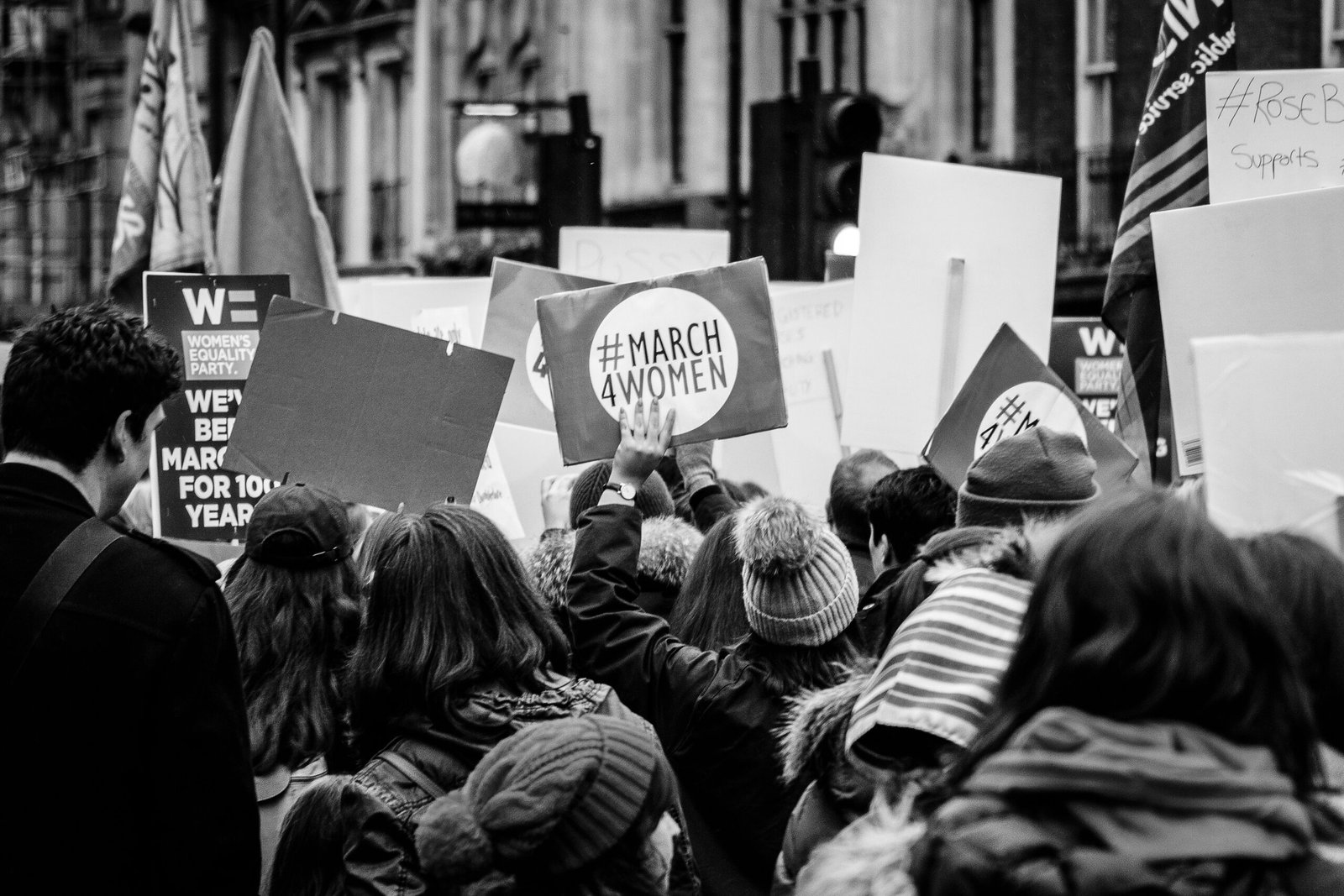
Introduction to Representation in Politics
Representation in politics is a fundamental aspect of democratic governance, ensuring that the various voices within a society are heard and considered in decision-making processes. In the context of the United States, the importance of having diverse representation cannot be overstated, particularly for marginalized communities such as Black Americans. Historically, systemic barriers have significantly limited the political representation of Black individuals, leading to a lack of voices that reflect the realities and challenges faced by their communities.
The roots of underrepresentation can be traced back to colonial times and the enactment of laws that systematically disenfranchised Black individuals. For instance, the legacy of slavery and the subsequent Jim Crow laws created an environment in which Black Americans were actively prevented from participating in the political process. Even after the Civil Rights Movement, which aimed to dismantle these barriers, many obstacles remained in place, including voter suppression tactics and gerrymandering that diluted the political power of Black communities.
In addition to historical context, it is vital to analyze modern-day implications of representation in politics. Currently, Black Americans continue to face challenges in gaining equitable representation across various levels of government. The lack of diversity in political offices not only undermines the democratic process but also contributes to policies that may not address the unique needs of these communities. By understanding the importance of representation, we can begin to advocate for change that promotes inclusivity and equitable decision-making.
The urgent need for representation of Black Americans in politics goes beyond mere numbers; it requires a concerted effort to ensure that diverse perspectives are included in shaping policies that affect all citizens. This is crucial not only for fostering a more equitable society but also for enriching the democratic process as a whole.
Historical Context of Black Political Representation
The journey of Black Americans toward political representation is marked by significant struggles and milestones that reflect both societal changes and persistent barriers. Following the Civil War, the Reconstruction era (1865-1877) witnessed the first concerted efforts to integrate Black Americans into political life. This period allowed for the election of Black officials and the establishment of civil rights. However, the end of Reconstruction brought the imposition of Jim Crow laws, which enforced racial segregation and systematic disenfranchisement, effectively sidelining Black voices for decades.
The Jim Crow era exemplifies how political barriers were constructed through legislation, violence, and intimidation. The implementation of literacy tests, poll taxes, and other discriminatory practices served to suppress Black voter registration and participation. These measures were deeply rooted in systemic racism and aimed to maintain white supremacy in the political realm. Despite these impediments, grassroots activism persisted, with Black Americans forming organizations to challenge injustices and advocate for their rights.
The Civil Rights Movement of the 1950s and 1960s served as a pivotal moment in the fight for political representation. Activists, both Black and allied, worked tirelessly to dismantle institutional barriers, culminating in landmark legislation such as the Voting Rights Act of 1965. This Act aimed to eliminate barriers to voting and empower Black Americans politically, marking a significant turning point in the historical struggle for representation.
Today, the legacy of these historical events continues to inform the political landscape. Though progress has been made, challenges remain. The need for representation at all levels of government is crucial for Black communities to ensure their interests are adequately voiced and addressed. Understanding this historical context is essential for recognizing the ongoing struggle for equity in political representation.
Current Landscape of Black Representation in Politics
The representation of Black Americans in politics has witnessed gradual advancements over the past few decades. As of October 2023, the number of Black elected officials across various levels of government in the United States has reached historic proportions. According to the latest data from the National League of Cities, there are approximately 10,000 Black elected officials, which includes mayors, state legislators, and members of Congress. This figure marks a significant increase from previous decades and indicates a slow but noticeable progression towards more inclusive political representation.
However, while these statistics reflect progress, they also illustrate the stark disparities that remain. For instance, Black Americans make up approximately 13% of the U.S. population, yet their representation in Congress is still below that threshold. As of October 2023, there are 57 Black members in the U.S. Congress, which constitutes about 12% of the total membership. This discrepancy highlights the ongoing challenges in achieving equitable representation in leadership positions.
Additionally, recent trends indicate that Black women and younger candidates are stepping into political roles in increasing numbers. Organizations dedicated to supporting Black political candidates have emerged, encouraging participation and providing resources to overcome barriers. Nevertheless, there are still significant areas where representation is inadequate. Many local and state offices remain predominantly White, and systemic issues such as gerrymandering and voter suppression disproportionately affect Black communities.
In some regions, there has been a concerted effort to improve representation through initiatives aimed at empowering underrepresented groups. While strides have been made, it is critical to continue advocating for policies that promote diversity and inclusion within the political landscape. Overall, while there is commendable progress within Black representation in politics, further efforts are necessary to ensure that political structures reflect the demographic diversity of the nation fully.
The Impact of Underrepresentation on Policy and Community
The lack of political representation for Black Americans significantly influences policy decisions, creating profound effects on communities across the nation. When individuals from diverse backgrounds are excluded from political processes, their unique perspectives and needs often go unaddressed. This underrepresentation contributes to systemic disparities in vital areas such as education, healthcare, and criminal justice.
In the realm of education, the absence of Black representatives in policy-making positions has led to the perpetuation of inequitable funding models and curriculum development. Schools predominantly serving Black communities frequently face underfunding, which in turn affects the quality of education provided to students. Without adequate representation, policies may not prioritize resources for improving school infrastructure or ensuring access to advanced coursework, thus limiting opportunities for success among students in these areas.
Healthcare is another critical area affected by political underrepresentation. Disparities in health outcomes for Black Americans can be traced back to policies that often fail to consider the social determinants of health. Areas with high populations of Black residents may experience limited access to quality healthcare facilities, exacerbated by the fact that their interests are not adequately represented in health policy discussions. This can lead to significant gaps in healthcare access and quality, ultimately impacting community health outcomes.
Furthermore, the criminal justice system has been heavily influenced by underrepresentation. Laws and policies have historically marginalized Black communities, contributing to racial profiling, mass incarceration, and unequal sentencing. When Black Americans are not present in legislative bodies, the enactment of reforms aimed at addressing these injustices can be severely hindered. Thus, representation becomes crucial not only for equitable policy development but also for healing and empowering marginalized communities.
In light of these disparities, the need for comprehensive representation in politics is paramount for effective and just policy-making. Addressing issues faced by Black Americans requires lawmakers who understand and advocate for their communities, ensuring that policies are inclusive and equitable.
Advocacy and Grassroots Movements for Change
In recent years, advocacy groups and grassroots movements have emerged as vital entities in the quest for increased political representation among Black Americans. These organizations not only aim to amplify the voices of underrepresented communities but also strive to create an inclusive political ecosystem where equity and diversity are foundational principles. By mobilizing citizens, these groups work diligently to empower voters and educate them regarding their rights, thereby fostering a culture of civic engagement.
One noteworthy example is the Black Voters Matter Fund, which engages with local organizations to promote voter registration and participation. This nationwide initiative has successfully mobilized thousands of voters, demonstrating the effectiveness of grassroots efforts in influencing electoral outcomes. Through strategic outreach, community organizers educate individuals about the electoral process, ensuring that they understand their rights and the significance of their votes. This emphasis on education can dismantle the barriers that often discourage voter participation among marginalized groups.
Additionally, the NAACP (National Association for the Advancement of Colored People) has long been at the forefront of advocating for Black political representation. Their efforts extend beyond mobilization; they focus on policy advocacy, challenging discriminatory practices, and advocating for legislative changes that benefit Black communities. By partnering with various groups, the NAACP not only provides support but also amplifies the voices of grassroots initiatives, effectively creating a coalition that drives systemic change.
The impact of these advocacy and grassroots movements is evident in recent elections, where increased turnout among Black voters has influenced critical races. These organizations exemplify how dedicated efforts at the community level can lead to significant changes in political representation. As these movements continue to grow, they play an essential role in shaping a future where Black Americans can occupy spaces of power and influence, ensuring that their needs and perspectives are acknowledged within the political arena.
Barriers to Political Participation for Black Americans
Despite the progress made over the years, numerous barriers continue to hinder political participation among Black Americans. These barriers manifest in various forms, including voter suppression, socio-economic disparities, disenfranchisement, and a lack of resources. Together, they create a challenging environment that undermines the ability of Black communities to engage fully in the political process.
One of the most pressing issues is voter suppression. Tactics aimed at minimizing the voting power of Black individuals can include restrictive voter ID laws, reduced polling locations in predominantly Black neighborhoods, and aggressive purging of voter rolls. These measures disproportionately affect Black Americans, making it more difficult for them to cast their votes. Such obstacles not only limit access to the ballot but also perpetuate an atmosphere of disenfranchisement where many feel their votes do not matter.
Socio-economic factors also play a critical role in shaping political participation. Many Black Americans face economic challenges that can impact their ability to vote. These include higher unemployment rates, lower median incomes, and higher rates of poverty, all of which can create barriers to participating in elections. Economic instability may prevent individuals from taking time off work to vote or simply lead them to prioritize daily survival over political engagement.
The lack of resources available to Black communities is another significant barrier. Many organizations and groups dedicated to fostering political engagement lack sufficient funding and support, limiting their ability to organize voter registration drives and educational campaigns. Moreover, communities with limited access to information about the political process may feel underrepresented and disconnected, further complicating their involvement.
Understanding these barriers is essential to advocating for change in political representation and ensuring that Black Americans have equal opportunities to participate in the democratic process.
Strategies for Increasing Representation
Increasing Black representation in politics is crucial for fostering a more inclusive and equitable democratic process. Several actionable strategies can be implemented to enhance representation effectively. One pivotal approach is through voter education initiatives. These programs should aim to inform voters about their rights, the voting process, and the impact of policies on their communities. By organizing workshops and informational sessions, community organizations can empower Black voters to make informed choices and actively participate in elections.
Another significant strategy is to support Black candidates actively. This involves not only encouraging individuals from the Black community to run for office but also providing the necessary resources such as training, mentorship, and financial support. It is essential for local party structures and grassroots organizations to prioritize diversity and inclusivity in their selection processes. By creating pathways for Black candidates to succeed, we can ensure that the voices of Black communities are represented in decision-making positions.
Lobbying for policy changes that address systemic barriers to representation is also critical. Advocacy groups can work together to push for electoral reforms, such as ranked-choice voting or fair districting practices, which can facilitate better representation for marginalized populations. These policy changes can help dismantle structures that perpetuate inequity within the political system.
Lastly, community engagement campaigns are imperative for building connections between politicians and their constituents. Initiatives that promote dialogue, such as town halls and community forums, can bridge the gap between voters and their elected officials. By fostering open communication, politicians can better understand the needs and concerns of Black communities, allowing for more responsive governance. Collectively, these strategies can significantly enhance Black representation in politics, fostering a more representative and just political landscape.
The Role of Allies in Advocating for Black Representation
Increasing Black political representation is not solely the responsibility of Black individuals; it requires active participation from allies of all backgrounds. Non-Black allies can play a significant role in this advocacy, providing support and amplifying the voices of Black leaders and communities. Understanding the impact of privilege is crucial in this context, as allies must recognize the systemic disparities that have historically marginalized Black individuals in the political sphere. By leveraging their positions, allies can foster discussions that highlight the need for equitable representation.
Solidarity is a vital component of effective advocacy. Allies must actively seek to educate themselves on the issues facing Black communities, demonstrating a commitment to understanding the nuances of the challenges they encounter. This can involve attending events, participating in workshops, or engaging in discussions that center on Black experiences and perspectives. Allies should aim to listen more than they speak, allowing the voices of those most affected to lead the conversation about their representation in politics.
Moreover, allies can utilize their social networks to promote organizations and initiatives that advocate for Black representation. This includes sharing resources, fundraising, and participating in campaigns that aim for systemic change. By amplifying messages from Black leaders and supporting Black candidates in elections, allies contribute to a broader movement seeking justice and equity in political representation.
Additionally, allies must be willing to confront uncomfortable truths regarding systemic racism and inequality. This can involve challenging discriminatory practices within their own networks or workplaces. By becoming vocal advocates for change and holding themselves accountable, allies can create a ripple effect that encourages others to join the cause, fostering a collective movement that emphasizes the importance of Black representation in politics.
Conclusion: The Future of Political Representation for Black Americans
In addressing the necessity for increased political representation of Black Americans, it is imperative to recognize that diversity in governance is crucial for the integrity of democracy. The discussions throughout this post have illuminated how historical and systemic disparities have marginalized Black voices in political spheres. Elevating representation not only enriches policy-making processes but also aligns public governance with the demographics of the nation.
To foster a truly representative democracy, it is essential to encourage political engagement among Black communities. This includes supporting initiatives that empower Black individuals to participate in politics as candidates, voters, and advocates. By cultivating an environment where the political aspirations of Black Americans are met with support and resources, society can catalyze a much-needed transformation in political landscapes.
Furthermore, it is important for current political leaders and organizations to prioritize inclusivity and actively seek to amplify Black voices. This involves addressing barriers that hinder participation, such as discriminatory practices and a lack of access to political education. Partnerships between established political entities and grassroots movements can cultivate spaces that enable diverse perspectives to flourish.
As we look towards the future, it is vital for all citizens to reflect on their role in driving change. Advocacy for policies that promote equality and representation is essential. Engaging in conversations about the importance of Black representation in politics within communities can raise awareness and inspire action. Through collective effort, we have the potential to reshape the political landscape, ensuring that it resonates with the values and needs of all Americans. By working together, we can create a more equitable future where every individual, regardless of race, has a seat at the table in our democracy.



